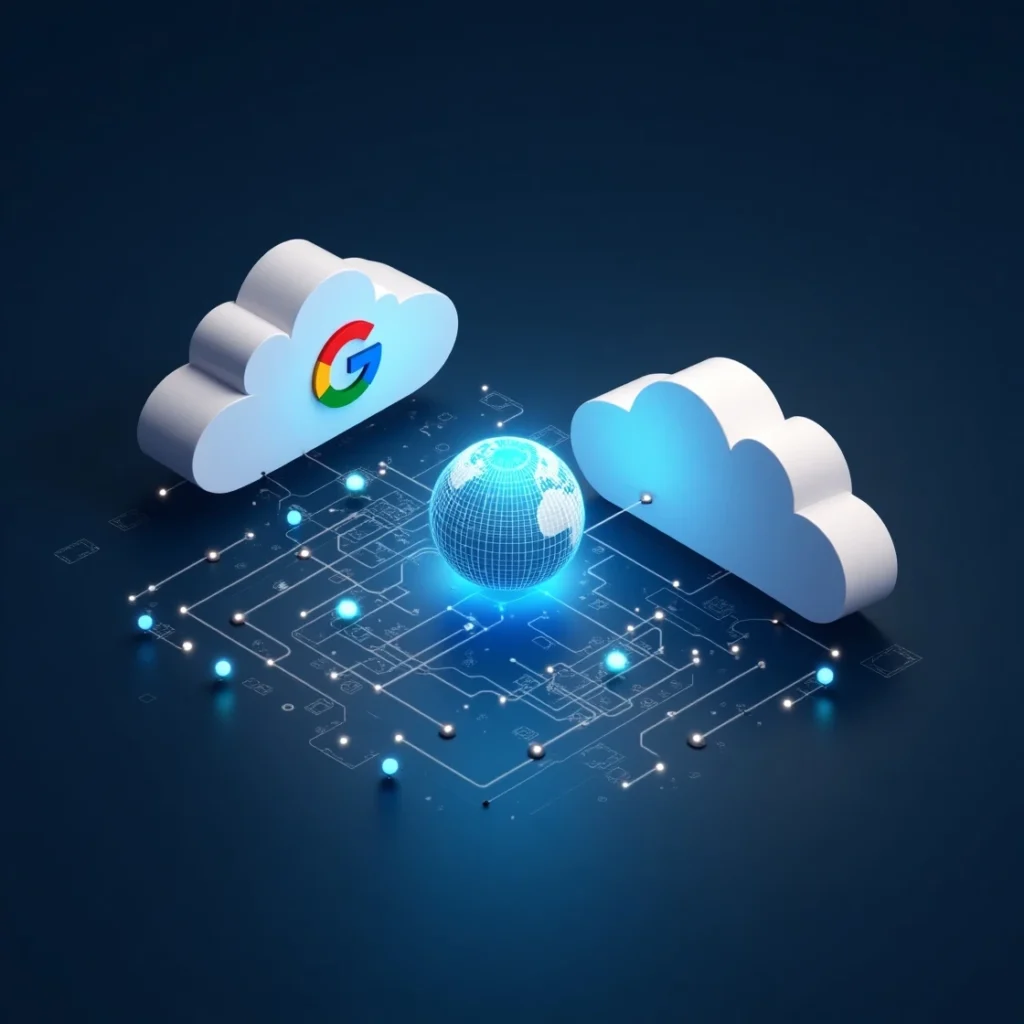Few anticipated that the OpenAI Google Cloud Partnership would signal such a dramatic shift in how the artificial intelligence leader plans to scale its infrastructure. Finalized quietly in May after months of behind-the-scenes negotiations, the alliance demonstrates that even fierce rivals can find common ground when computing power becomes a critical necessity. As demand for cloud infrastructure continues to surge, businesses of all sizes are exploring smarter and more adaptable hosting solutions.
For OpenAI, best known for ChatGPT and its long-standing ties to Microsoft, the decision to bring Google into its cloud ecosystem marks a calculated move to diversify. As more businesses and consumers rely on generative AI tools, the strain on OpenAI’s compute resources has become impossible to ignore. By adding Google to its mix of cloud providers, the company is aiming to keep pace with rising demand while reducing its dependency on any single partner.
Insiders say Google will provide access to its high-end infrastructure, including custom-built TPUs, to help support OpenAI’s massive training workloads and model deployment needs. While Google and OpenAI compete directly in areas like search and language models, both sides appear to be putting practical needs ahead of rivalry—for now.
Strategic Gains for Both Sides in the OpenAI Google Cloud Partnership

The timing makes sense on both sides. Google, eager to expand its $43 billion cloud business, gets a marquee client with global visibility. OpenAI, meanwhile, gains access to a second major compute backbone, joining forces with a company that’s been steadily investing in AI chips and data center capacity.
This isn’t the first time OpenAI has looked beyond Microsoft. In recent months, the company has entered deals with Oracle and SoftBank as part of its ambitious Stargate infrastructure project, and has also committed billions to partnerships with GPU vendor CoreWeave. It’s even exploring designing its own chips to reduce its reliance on third-party providers.
Sources close to the matter suggest the new arrangement is one piece of a broader recalibration between OpenAI and Microsoft. Talks are reportedly underway to update the terms of their collaboration, including Microsoft’s investment structure and infrastructure exclusivity. The two remain close allies, but flexibility seems to be the new name of the game.
The alliance with Google isn’t without complications. Internally, some at Google are reportedly concerned about supporting a competitor—especially given that DeepMind, Google’s own AI lab, is still battling OpenAI for dominance in the generative AI space. Balancing the needs of a new client with internal priorities could prove to be a delicate task.
OpenAI Google Cloud Partnership Reflects Industry-Wide AI Shift
Despite this, the deal reflects a growing trend in the AI industry: as the stakes get higher, infrastructure becomes a shared challenge rather than a competitive edge. With demand for training compute and inference power skyrocketing, cooperation across company lines is increasingly seen as a necessity, not a compromise.
Whether this unusual partnership is a one-off or a sign of things to come remains to be seen. But one thing is clear: the lines between competitors, collaborators, and infrastructure providers are blurring faster than ever.
Read More : Rubrik Cloud Data Protection Grows, Eyes Cyber Recovery